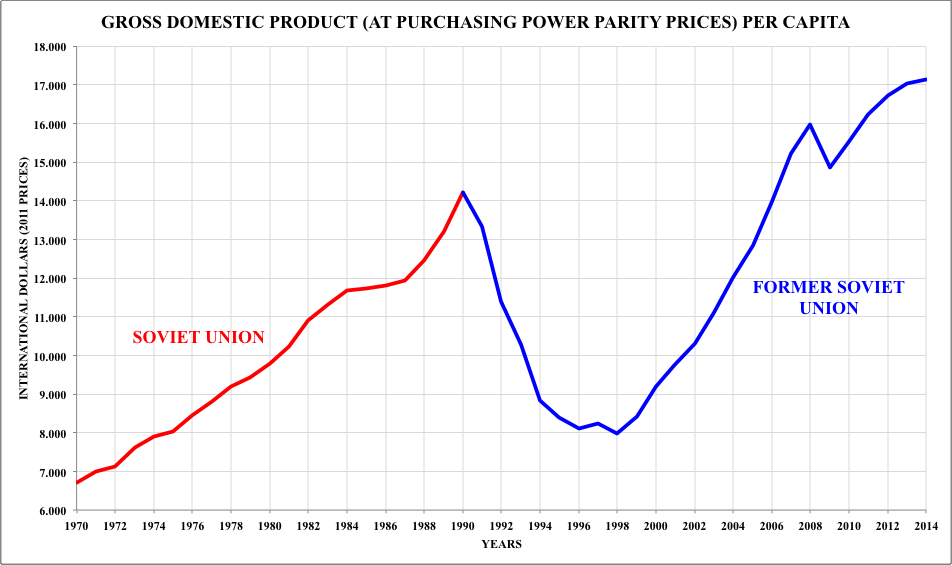The final major property type, collective property, is one of the most important
Property is not wealth or possessions, but right to control, to exploit, to use or to enjoy wealth or possessions which may be owned by an individual or a number of individuals who belong to the same social group or kin or clan.” -Robert Morrison MacIver
The Means of Production
The means of production are the facilities and resources for producing goods. For example: Factories, roads, and steel. This is all needed for society to function. The means of production often become more efficient as more resources are put into them. This means that when they are controlled by a set of individuals, they are likely to become more and more centralized. On the other hand, if they are controlled by a collective, they are as centralized as the majority wishes them to be.
Private VS Collective Property
Private ownership of the means of production has many flaws. It is up to single individuals to make choices for the entire group, with only their own benefits in mind. This is an authoritarian power structure. This is because private property can only exist through a state. Since the means of production are far more efficient when centralized, a monopoly is the natural outcome. This holds true for all of capitalism across the world. (This book has facts and documentation of how this happens) This monoponly over the means of production allows the capitalists to take all power away from the workers.
Private property splits the whole of humanity into two major classes, that are forever kept at odds. The working class and the capitalist class, those who only have their labor to sell and those who survive through the labor of others alone. These classes are in continual conflict, but the capitalist class has two major advantages. They have the government on their side and they can afford to take risks. They can afford to take risks because they have resources beyond what they need to survive, while the working class around the world is unable to do so. The working class is unable to take risks of any kind, and need their job to survive. This gives all of the power to the capitalist class, and leaves none left-over for the majority of society.
Collective property on the other hand, allows the workers to freely control the means of production. This is done by allowing all members of the collective to produce on the means of production, for the benefit of all members of the collective. This has many benefits over private property. It allows all of society to decide what to do with all of society, instead of an elite few in self-interest alone. This means that monopolies can not exist. Monopolies slow progress and take power and resources away from the workers.
Under collective ownership there are no economic classes. This allows everyone to labor freely, without needing to submit to some “higher power”. This makes markets useless. When the means of production and what is created from them is owned by the collective, it simply needs to allocate them effectively.
source

Judging by the GDP of Russia under collective property and then their switch to private property, it is far more efficient.
Collective property allows more freedom. “Freedom is merely privilege extended,
Unless enjoyed by one and all.” - The Internationale anthem of socialism.
“If I were asked to answer the following question: What is slavery? and I should answer in one word, It is murder!, my meaning would be understood at once. No extended argument would be required to show that the power to remove a man's mind, will, and personality, is the power of life and death, and that it makes a man a slave. It is murder. Why, then, to this other question: What is property? may I not likewise answer, It is robbery!, without the certainty of being misunderstood; the second proposition being no other than a transformation of the first?
— Pierre-Joseph Proudhon, What is Property?[I]”
Pierre was the first self-proclaimed anarchist. The property he means here is now known as private property.

Just clarification on the term property from a Marxist perspective. Property gets its justification in existence by the fact that the person in the propertied class needs to enforce their grasp on it to dictate their terms with what they want to do on that property. Likewise, property, when finally entrenched and shaped in the base (base-superstructure of society), maintains the relationships to production as they further solidify the relations of the propertied and non-propertied. Further along the line, the propertied class has the mental means of production and dictates the non-propertied class consciousness. (As social being determines class consciousness to paraphrase Marx, this would be further clarified with false consciousness.) Unless class consciousness builds up, dialectically the thesis (private property) doesn't meet a serious antithesis (the non-propertied as collective property is more or less the synthesis) and contradictions between the two of them will amount to barely any struggle.
It must be so very good
Property is not wealth or possessions, but right to control best one
property is the ability to control wealth possessions and land
yeahh
Mengagumkan kawan;)
seems interesting yeah!!
, The quality of human resources ) is more important than the amount of natural resources ) that exist in a country.
It makes sense to allow the people who work and preform the labor to own their work place and have profits go to then rather than someone else.
"It makes sense to allow the people who work and preform the labor to own their work place and have profits go to then rather than someone else."
I can't tell if you support the workers getting what they produce or not. That sounds like you are describing market socialism from a capitalist point of view
click here!This post received a 4.6% upvote from @randowhale thanks to @anarchyhasnogods! For more information,